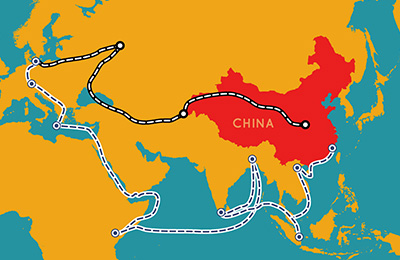Sustainability implications of China’s Belt and Road Initiative (BRI)

Project Description
The BRI is a trillion-dollar infrastructure investment initiative launched by China spanning Asia, the Middle East, Europe, and Africa. It is often referred to as the “new silk road.” Given its scale, quantitative insights into the implications of BRI activities will help inform efforts to accelerate energy system transitions. This research has two central objectives. First, it aims to evaluate the impacts of the BRI on environmental performance (air and water quality) in Asia and Africa by understanding what kinds of technologies are likely to be deployed under the framework of the BRI, translating this understanding into an appropriate profile for infrastructure development in the regions of interest, and estimating associated air and water quality impacts. Second, the research focuses on materials sustainability by asking the question: how could BRI impact the competition for critical and strategic materials (e.g. rare earth elements, minor metals, and platinum group metals) between the U.S., EU, and China? Beginning by understanding current geospatial distribution of existing materials supply chains, the work will develop models to forecast how BRI activities could impact supply and demand. This research will improve our understanding of the potential environmental and materials impacts of the BRI and implications for accelerating the global transition to cleaner energy.
Researchers
Anthony Ku; Denise Mauzerall